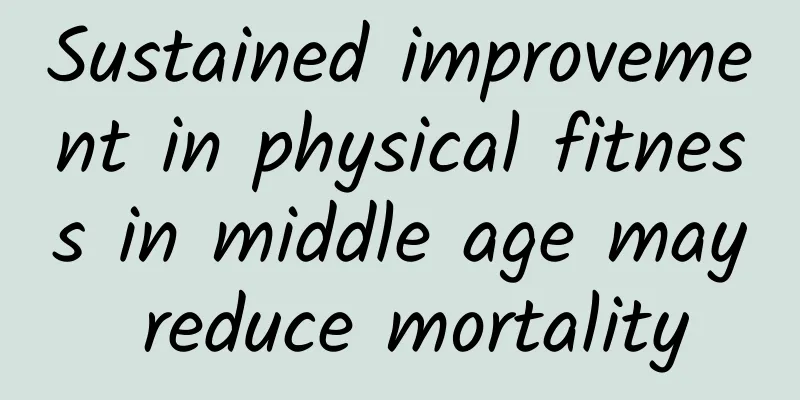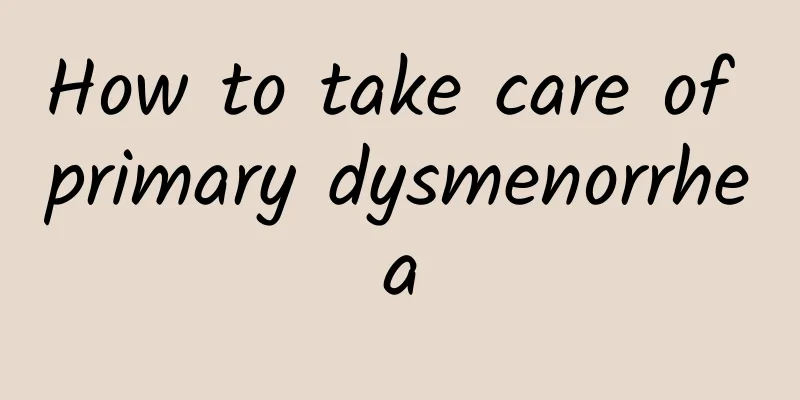Sustained improvement in physical fitness in middle age may reduce mortality

|
It is not easy to develop a regular exercise habit, but the many benefits that exercise brings to the body are quite significant. However, if one does not develop good exercise habits in his youth, is it any use trying to remedy the situation in middle age? According to a new study published in Mayo Clinic Proceedings, researchers from Queen's University in Canada say people who maintain or improve their physical fitness for a certain period of time during middle age may have a lower mortality rate. The authors recruited more than 6,000 men and women as subjects in the study and tracked them from April 1974 to January 2002. The average age of the subjects was over 40 years old at the beginning of the experimental tracking period. The follow-up results showed that compared with those who lost physical fitness due to lack of physical activity, those who maintained their figure or continued to improve their physical fitness for more than 4.2 years had a mortality rate that was about 40% lower. The study was published in Mayo Clinic Proceedings This article is from ELSEVIER Global Pharmaceutical News |
<<: Are you afraid of meat when losing weight? High protein, low fat, 3 less 1 more, no fat
>>: Bariatric surgery may be linked to slightly increased suicide risk
Recommend
What are the examination methods for endometrial tuberculosis?
We all know that endometrial tuberculosis is a co...
What do you know about the treatment of ovarian cysts?
What are the treatments for ovarian cysts? What t...
The nightmare of abortion for more than 6 million young girls in my country every year
I don't know when it started, but now all tho...
Bilateral polycystic ovaries?
The symptoms of polycystic ovary include menstrua...
How contagious is Bartholinitis?
The Bartholin's glands are located on both si...
How long should I stay in confinement after abortion? See what the doctor says
After a miscarriage, women need to recuperate for...
How to maintain your ovaries in daily life
The ovaries are important reproductive organs for...
There are some tips for having a good pregnancy! Doing this yoga stretching exercise can help you lose belly fat during pregnancy
Modern people marry and have children late, which...
What are the symptoms of uterine adenomyoma? What should I do if I have uterine adenomyoma?
What are the symptoms and treatment of uterine ad...
How to treat vulvar itching with odor
How to treat vulvar itching with odor? First of a...
Why is cervical erosion becoming more and more common at younger ages? What should you pay attention to in your diet for cervical erosion?
Why are cervical erosion happening to younger and...
Want to drink winter melon soup during menstruation? Drink it properly to nourish your body
It is very important for women to pay attention t...
What medicine is effective for treating cervical erosion? It is recommended to take these medicines to treat cervical erosion
Cervical erosion is a common disease among women....
How to turn exercise into a habit instead of a stress? Supermodel Wang Liya: Solving 10 major questions for beginners
From a life of partying every night to a health e...
The most common cause of dysmenorrhea
Dysmenorrhea mainly occurs during the menstrual c...









